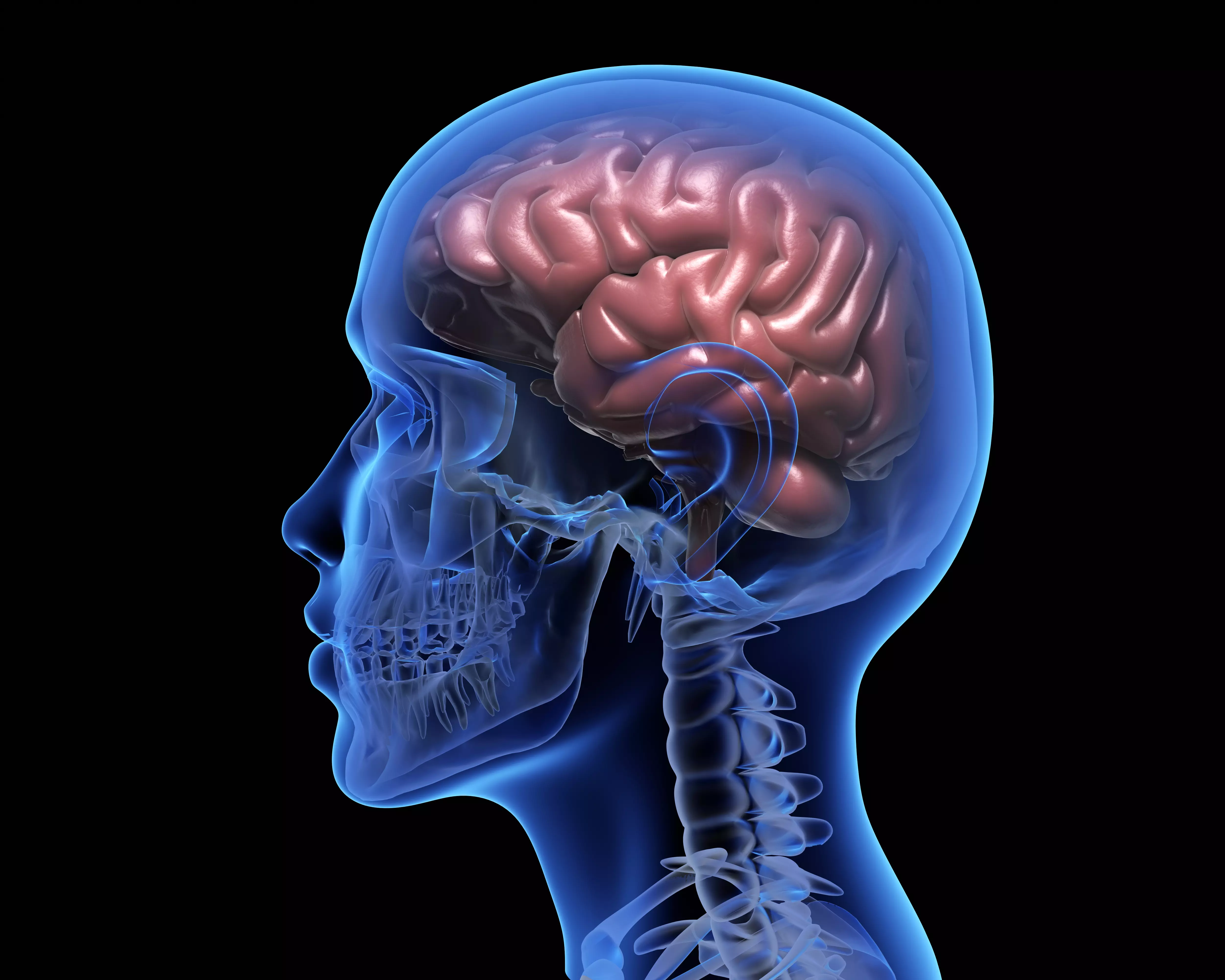Radiation therapy in the treatment of brain cancer
Brain cancer is a serious and complicated condition. Many modalities are used to treat this type of cancer, including surgery, chemotherapy and radiation therapy. The latter method is extremely important because it allows radiation to be precisely delivered to the tumor, destroying the cancer cells. Here's a look at what radiation therapy is and how it works in treating brain cancer.
What is radiation therapy?
Radiation therapy is one of the primary treatments for cancer. It uses high-energy radiation to destroy cancer cells or prevent them from dividing. For brain cancer, radiation therapy is often necessary, especially when the tumor is difficult to access or too large to remove surgically.
How is radiation therapy used to treat brain cancer?
Radiation therapy can be used in various ways to treat brain cancer. Two methods are most commonly used: external rotating body radiotherapy (EBRT) and stereotactic radiotherapy (SRT).
EBRT is the most common form of radiation therapy, in which rays are directed at the tumor from a machine outside the patient's body. The treatment is carried out over several weeks, usually five days a week.
SRT, including Gamma Knife and CyberKnife, is a more precise form of radiation therapy that delivers a high dose of radiation directly to the tumor. It can be carried out in one or more treatments, instead of a series of daily sessions.
The choice between these methods depends on many factors, such as the type and location of the tumor, its size, the patient's overall health and the availability of technology.

What are the side effects of radiation therapy?
Although effective, radiation therapy can cause side effects. In the case of brain cancer, these can include fatigue, nausea, headache, hair loss at the radiation site and skin changes similar to sunburn.
Some side effects are due to swelling of the brain, which can occur after radiation therapy. These may include problems with memory, concentration, speech or other cognitive functions. Your doctor may prescribe anti-edema medications to help minimize these side effects.
Conclusions
Radiation therapy is a key component in the treatment of brain cancer, making it possible to control and eradicate tumors that may be difficult to remove surgically. The choice of the appropriate method and treatment plan depends on many factors and should be discussed carefully with your doctor. Although radiation therapy can cause side effects, for many patients the benefits of treatment outweigh these challenges. As part of a complex and individualized treatment plan, radiation therapy offers a valuable tool in the fight against brain cancer.
